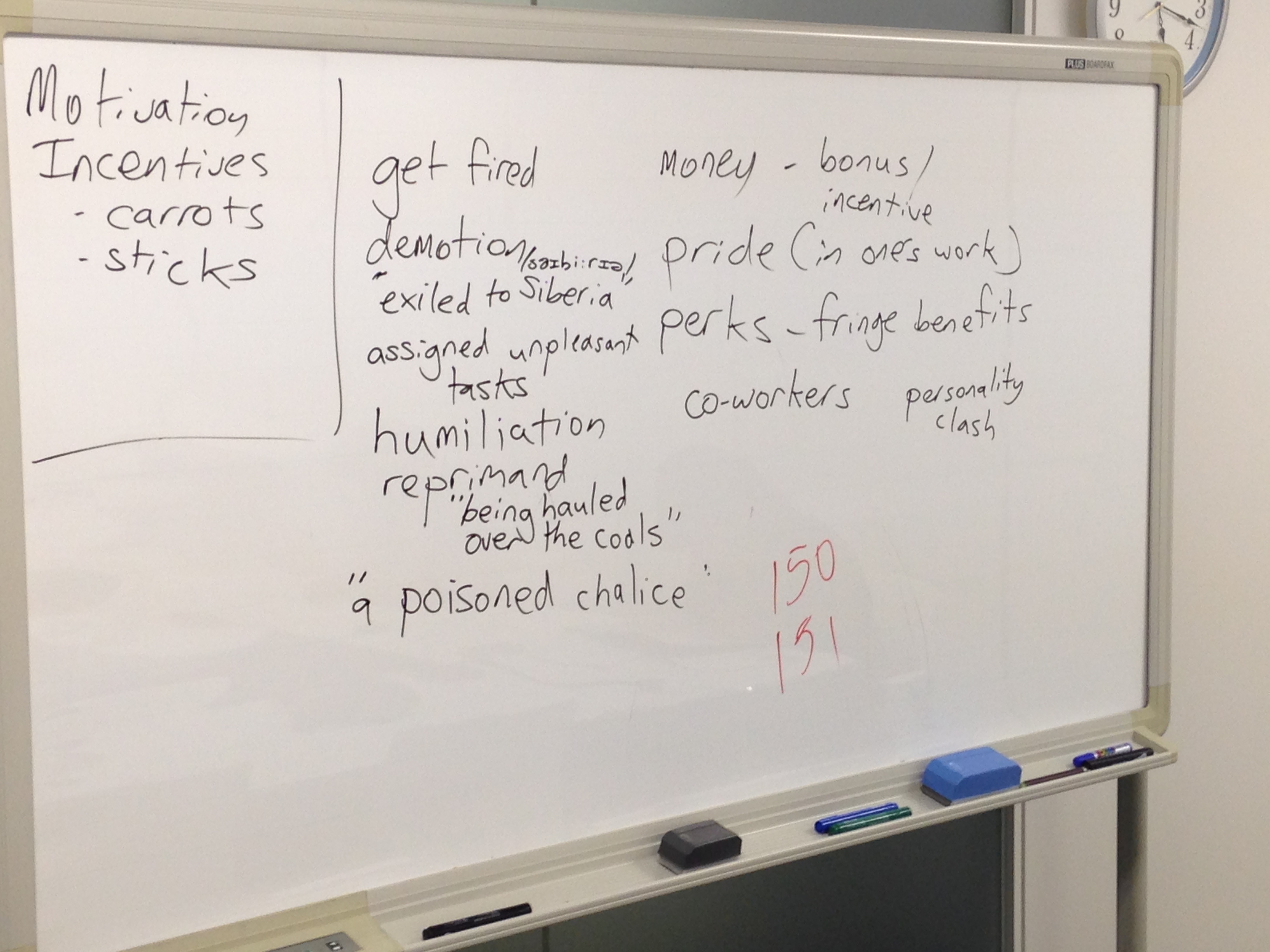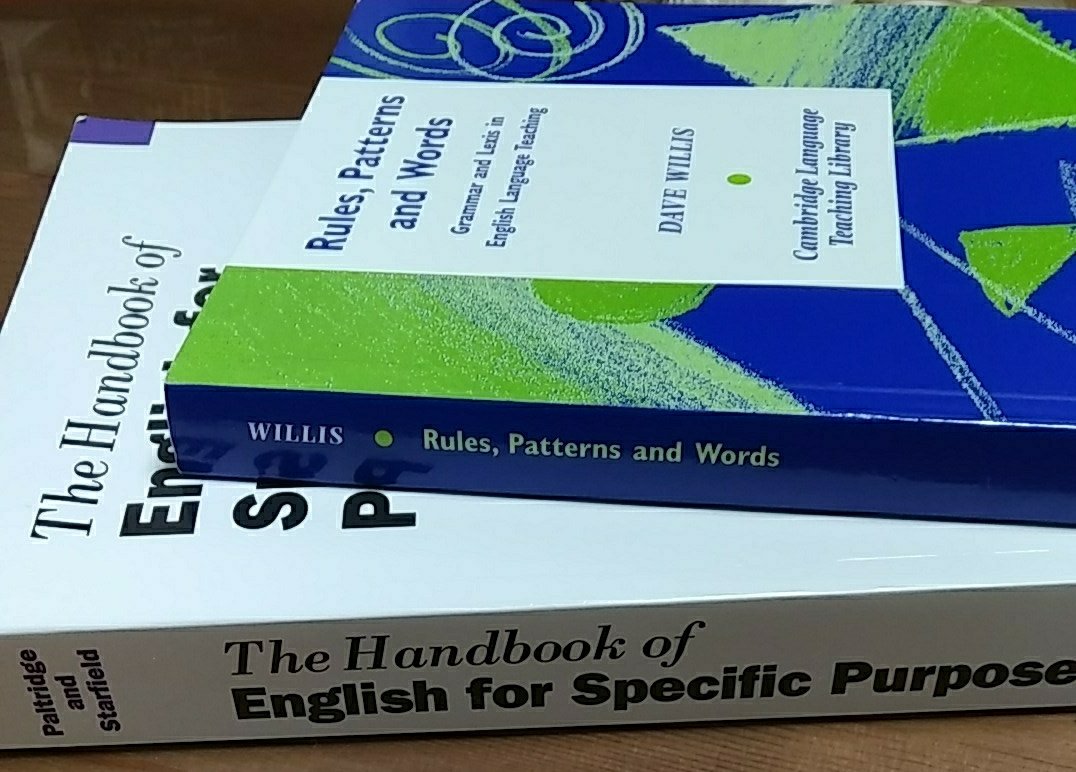This is the follow-up to my previous post, ‘Find someone who‘ which detailed several problems with the TESOL sphere. The title for this post comes from the Situationists, and is a reference to the sand found underneath the paving stones torn up in the Paris 1968 revolutionary clashes.
There is little to be achieved by only complaining about one’s problems. Certainly, it is relieving to vent. After the venting, however, we have inaction, a restored status quo. There needs to be some sort of action, no matter whether it is a tactical advancement or sabotage.
A lot of us work outside our contracted hours. For those of us creating material to be used in classes and where we retain copyright, I would absolutely advise you to sell this on. Could you sell it as an ebook? As a zip file of materials? If you don’t retain copyright, could you subvert laws and means by only using Creative Commons Share Alike media in your materials? This means that anything created must be shared with the same license. It would also mean that your organisation doesn’t benefit at the expense of everyone else, even if they do stop you from selling it on yourself. If not, totally ensure that you provide only a paper copy to your organisation so that they cannot make a digital version without some effort. Mostly PDF scans look like PDF scans. Remember to add your name under the title or at least somewhere that is a pain to cut it from. If your materials are good and you get acknowledgement without any kind of benefit other than kudos, you might as well be paid in social media likes.
Working to rule is still a thing that feels a bit mean to some of us. I disagree, though I believe I ought to do it more. It’s doing what you are contracted to do. Essentially, anything else is a freebie. If you are freelance, you probably think that freebies are horrible. If you work for an institution, these are often disguised as ‘Everybody normally comes in early to prep and leaves late after marking’. I bet everyone did it because everyone else did it before. Do you know whether everyone else has the same contract? Have you considered that working those extra bits normalises working for free? If you can afford to work for free, lucky you! Just don’t help bring about a culture where everyone else does.
For some of us, we do a phenomenal amount of CPD, including paying for our own qualifications which our organisations benefit from through bragging rights to students. If it isn’t recognised, don’t do it, or if you want to do it, don’t declare it. If your employer wants to parade your CV around, they ought to damn well pay for what’s gone onto it since you’ve been with them. This is one of the reasons I stopped working for one agency: they wanted an updated CV, but there was no extra to be paid as a DipTESOL holder. It doesn’t have to be a diploma or degree, though. Courses, conferences and even webinars take time away from our families friends and chances of getting a nutritious meal instead of being too tired to cook.
If employers are trying to deskill the profession, we need to fight back, and perhaps even fight dirty. Abandon new syllabi and teach better, knowing its better for students to not get the advertised ‘product’. Or transform the materials in such a way that only the highly skilled can use the supplementary materials. Make lesson plans unintelligible except to the initiated. You might get a stern talking to, even a warning. I might advise you, however, that the writing is already on the wall in this case and that you should probably be seeking alternative employment.
The social side of things is a different beast. Staff rooms not being safe, well, I have no idea beyond hoping others will call out bullshit if you can’t. Sometimes, even this doesn’t work. If you can keep a diary of anything, get it down on paper, or even have sympathetic witnesses who can vouch for you it might help (but equally might not). If you really can’t take it, you could consult your union if you have one if your employer is unwilling to act. If you don’t have one or get no joy, and you don’t mind burning your bridges consult the department of employment or similar. You might not have a job to go to for that employer and there would be no good reference, but there would be some kind of record of complaint at least. A declaration that there are problems. I don’t have any easy solutions here.
Similar to the invisibility of LGBTQ+ identities because it can be risky. Does one out oneself to make a point of visibility or look after oneself? I think it’s a personal decision, and you might have to go the union/department-of-employment route here, too.
I started with the Situationists and I will end with them. “Be reasonable, demand the impossible.” What is ‘impossible’ for employers and the industry at large is frequently not; it is only ‘reasonable’ and therefore right.
Tag: problem
You can lead a horse to water…

This is a post that has been fermenting for a while, a lot of it coloured by long-term experience, but much of it much shorter term. The stimulus for getting it out was this great post about teacher beliefs by Mike Griffin.
Teaching EFL can be a weird thing. We look at our classes and wonder about how to make our classes better and reminisce about our students who did something notable. It’s all rather insular. To develop, often we need to see outside, if only to see the inside again but from a different perspective.
Some people don’t want to see the outside, though. Comfort zones are difficult to push through. Unfortunately for me, in one of my teaching situations, my work depends upon somebody who needs to be forcibly removed from their comfort zone.
Harsh, Marc.
Remember this blog started as a mission to make my little freelance corner of TEFL a bit more conducive to being better. Making myself better. I suppose I am lucky in that most people I work with share this orientation. Unfortunately, the one person who doesn’t has a knock-on effect on my work.
I have observed. I have been observed and team-taught. I have supplied a file full of materials and an unwanted copy of The Practice of Teaching English. Yet things have not changed.
We have a grammar syllabus with carrier topics, which I fudge by choosing ‘structure trapping’ tasks (Skehan, 1998). I wouldn’t care if my partner teacher taught PPP, Test-teach-test or even Suggestopaedia. Instead there is a 20-minute warm-up about something strange and unrelated to the topic or grammar of the lesson. It’s highly teacher focused. When the part of the lesson comes to deal with the topic/grammar it basically involves students taking notes in Japanese and resulting in poor output all round. I shall make the point that our remit is speaking and writing, but mainly the former, and all English. There is no effective monitoring of students or elicitation of correct output after error treatment. There is no rationale behind the chaos, just a smile and knowing that this has always seen them through every lesson.
When challenged, my partner gets defensive. “I’m a great teacher!”, “I’m a good person.”, and “The students like me.” have all been used to defend their position.
Myself and another colleague have attempted to engage them in conversation about teaching and learning but this has been shot down. I don’t know if the problematic colleague has any beliefs beyond ‘Students must be motivated’. I would agree to an extent, but how they are motivated by chaotic lessons unrelated to their tests or ordinary situations puzzles me.
I know that teachers have to want to develop but what about if they have to develop but just don’t want to? Help has never been requested, though offered several times. Lesson plans and materials supplied have been ignored in favour of “Which Disney princess should I fight?” and “Do I look more like a cat or a dog?” where ‘I’ is the problematic colleague.
Should I attempt to talk about teaching beliefs and philosophy? I have no idea. I only know I’ve done almost all I can.
References
Skehan, P. (1998). Task-Based Instruction. Annual Review of Applied Linguistics, 18, 268-286. doi:10.1017/S0267190500003585